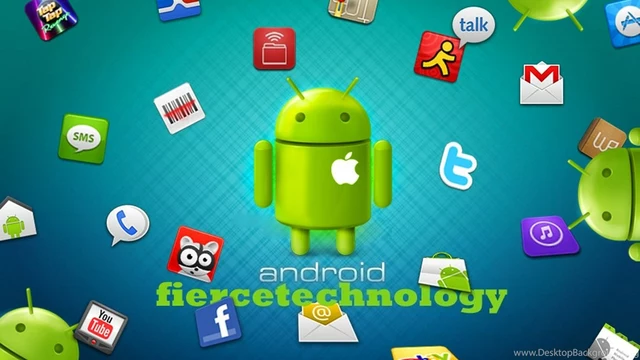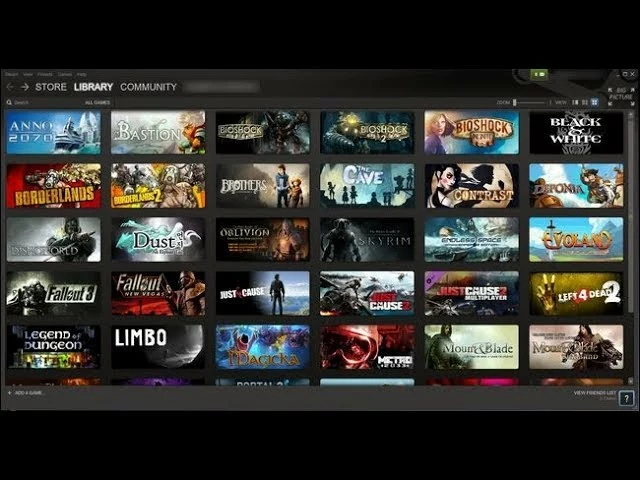Education: How Math Fuels Game Programming
Ever wondered why game developers talk about algebra, geometry, and calculus like they’re secret weapons? It’s not hype – math is the backbone that turns a simple idea into a slick, responsive game. In this category we break down the real reasons math matters, give you concrete topics to learn, and show how mastering numbers can level up your coding.
Why Math Is a Must for Game Developers
First off, think about motion. When a car zooms around a track or a character jumps over an obstacle, the game needs to calculate positions, speeds, and collisions in real time. That’s physics, and physics is pure math. Without the right formulas, your car would slide through walls or your character would float forever.
Second, graphics rely on vectors and matrices to rotate, scale, and move objects on screen. A tiny error in a matrix multiplication can make a whole scene look warped. Knowing how to manipulate these structures saves you hours of debugging.
Third, algorithms that handle AI, path‑finding, or procedural generation all stem from mathematical concepts. When you write a script for enemies to chase the player, you’re often using trigonometry to find angles and distances.
Key Math Topics Every Programmer Should Master
Algebra – It’s the language of variables and equations. You’ll use it to solve for unknowns in physics calculations, like finding the time it takes for a projectile to hit the ground.
Geometry – Shapes, angles, and distances are everywhere. Whether you’re detecting if two circles intersect or drawing a 3‑D model, geometry gives you the tools.
Trigonometry – Sine, cosine, and tangent help convert angles to movement vectors. Want a car to turn smoothly around a curve? Trig handles that.
Calculus – It sounds heavy, but you mainly need it for rates of change. Calculus lets you model acceleration, deceleration, and smooth motion over time.
Linear Algebra – Vectors, matrices, and dot products are the foundation of 3‑D graphics. Understanding how to multiply matrices lets you rotate models without glitches.
Grabbing a few online tutorials or short video lessons on each of these topics can make a huge difference. Practice by coding tiny demos: a bouncing ball, a rotating cube, or an AI that follows a path. The more you apply math directly to a game problem, the faster it sticks.
Ready to dive deeper? Browse the posts in our Education section for step‑by‑step guides, real‑world examples, and cheat sheets you can keep in your dev toolbox. The more math you master, the more creative freedom you’ll have when building your next game.
CTET 2026 exam set for February 8, 2026, with applications opening November 27. Conducted by CBSE across 132 Indian cities, it's mandatory for teaching roles in KVS, NVS, and other central government schools.
READ MORE
Tina Dabi, District Collector of Barmer, Rajasthan, is being honored for boosting the state's gender ratio to a historic 932, the highest ever, through grassroots voter registration efforts ahead of National Voters' Day 2025.
READ MORE
Math is an essential tool for game programming. Knowing the basics of mathematics can help game developers create more immersive and realistic gaming environments. By understanding the fundamentals of algebra, geometry, trigonometry, and calculus, developers can take advantage of the vast array of mathematical tools to develop games that are more interactive and visually appealing. Additionally, math can help developers to create accurate physics in their games, ensuring that players experience realistic motion and interactions as they play. Finally, math can help game developers to optimize their code and create efficient algorithms, making their games run faster and smoother. In short, math is a critical skill for game programmers, and mastering it is an invaluable asset.
READ MORE







